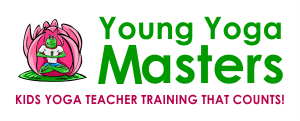I recently took some yoga teacher CEU’s (Continuing Education Units) in a wonderful course called … [Read more...] about The Functional Minds Method of Classroom Management
The Mind
How the Olympics and Yoga Can Inspire Children to Believe
"I Don't Want to Play If I Get Out!" When I announced the game at the end of a kids yoga class … [Read more...] about How the Olympics and Yoga Can Inspire Children to Believe


